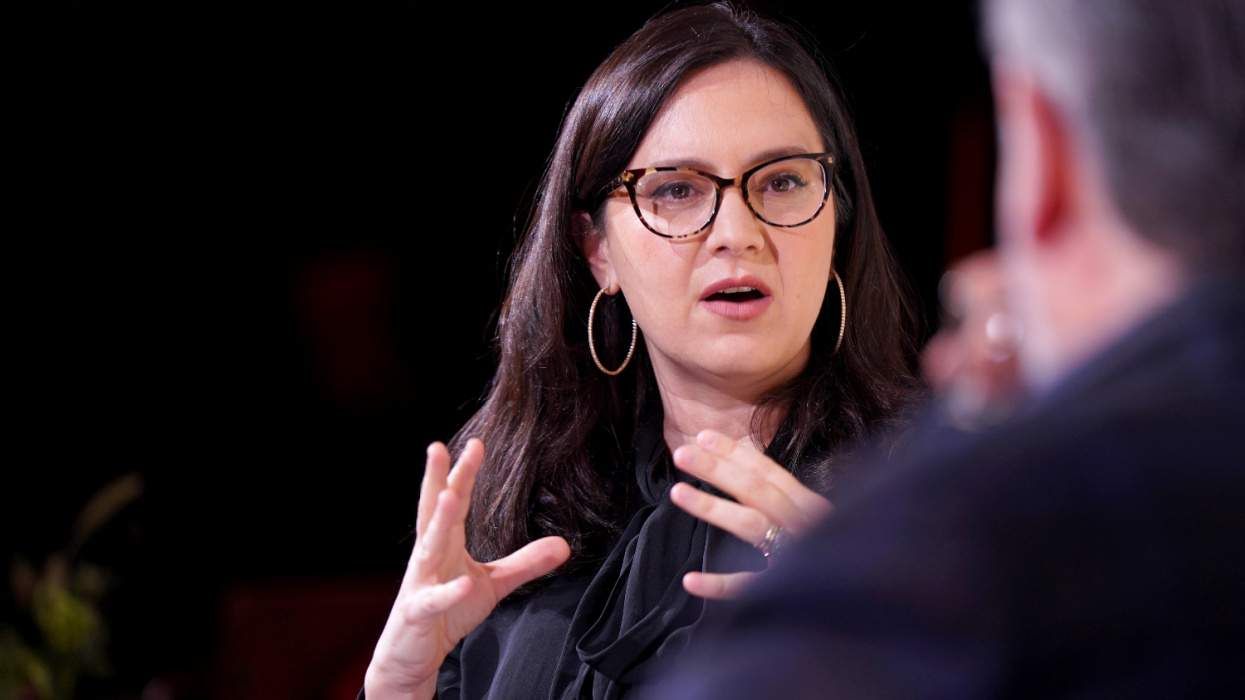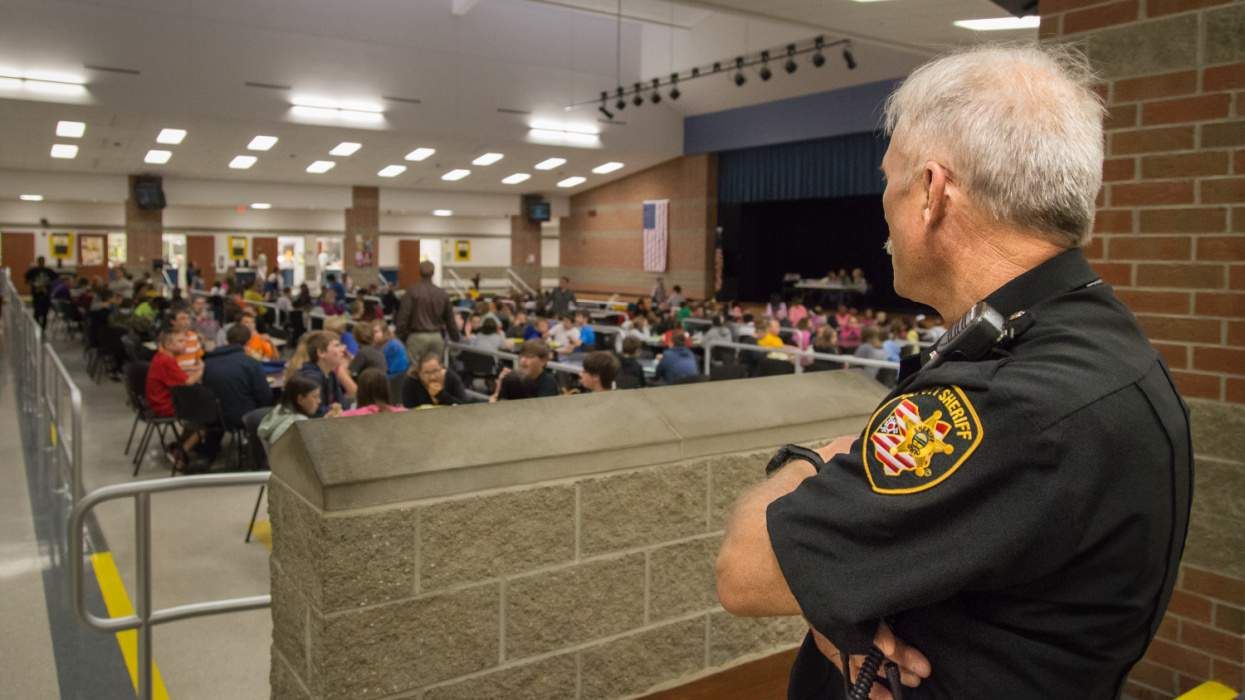Gerald Bostock, the named plaintiff in the case in which the Supreme Court ruled anti-LGBTQ+ job discrimination is illegal, has agreed to an $825,000 settlement from the employer that fired him.
In Bostock v. Clayton County, the high court ruled in 2020 that Title VII of the Civil Rights Act of 1964, in banning sex discrimination, also bans discrimination based on sexual orientation and gender identity. It did not, however, rule on the merits of Bostock's case or the two other cases that were consolidated with it -- in other words, it did not rule that such discrimination against Bostock or the others had actually occurred.
Bostock, a gay man, continued to pursue his case against Clayton County, Ga. He had been working as child welfare services coordinator assigned to the Juvenile Court of Clayton County for a decade when he joined the Atlanta area's Hotlanta Softball League, a gay-focused league, in January 2013. A few months later he was fired; county officials said he had mismanaged funds, which he said was totally untrue, and he contended he was actually fired for being gay. So he sued, claiming discrimination under Title VII, leading to the Supreme Court ruling.
The Clayton County Board of Commissioners approved an $825,000 settlement last week, Bostock's lawyer Ed Buckley announced Friday, the Associated Press reports.
"For a case that started out about what happened to Gerald the individual and us trying to make that right, it certainly became much bigger than that," said another of Bostock's lawyers, Tom Mew.
"I'm filled with joy, and words can hardly express how happy I am that this is now over," Bostock said at a Friday news conference, according to the AP. "As I said from the beginning, no one should go to work fearful of losing their job because of who they are, who they love, or how they identify."
The cases that were consolidated with Bostock's were brought by Aimee Stephens, a transgender woman who worked as a funeral director in Michigan, and Donald Zarda, a gay man who'd been a skydiving instructor in New York. Both are now deceased.
In Stephens's case, a federal judge approved a settlement between R.G. & G.R. Harris Funeral Homes and her estate in December 2020. The settlement included $130,000 to Stephens's estate and $120,000 to the American Civil Liberties Union Foundation to cover attorneys' fees and court costs. The funeral home company was also ordered to cease discrimination on the basis of sex and gender identity.















